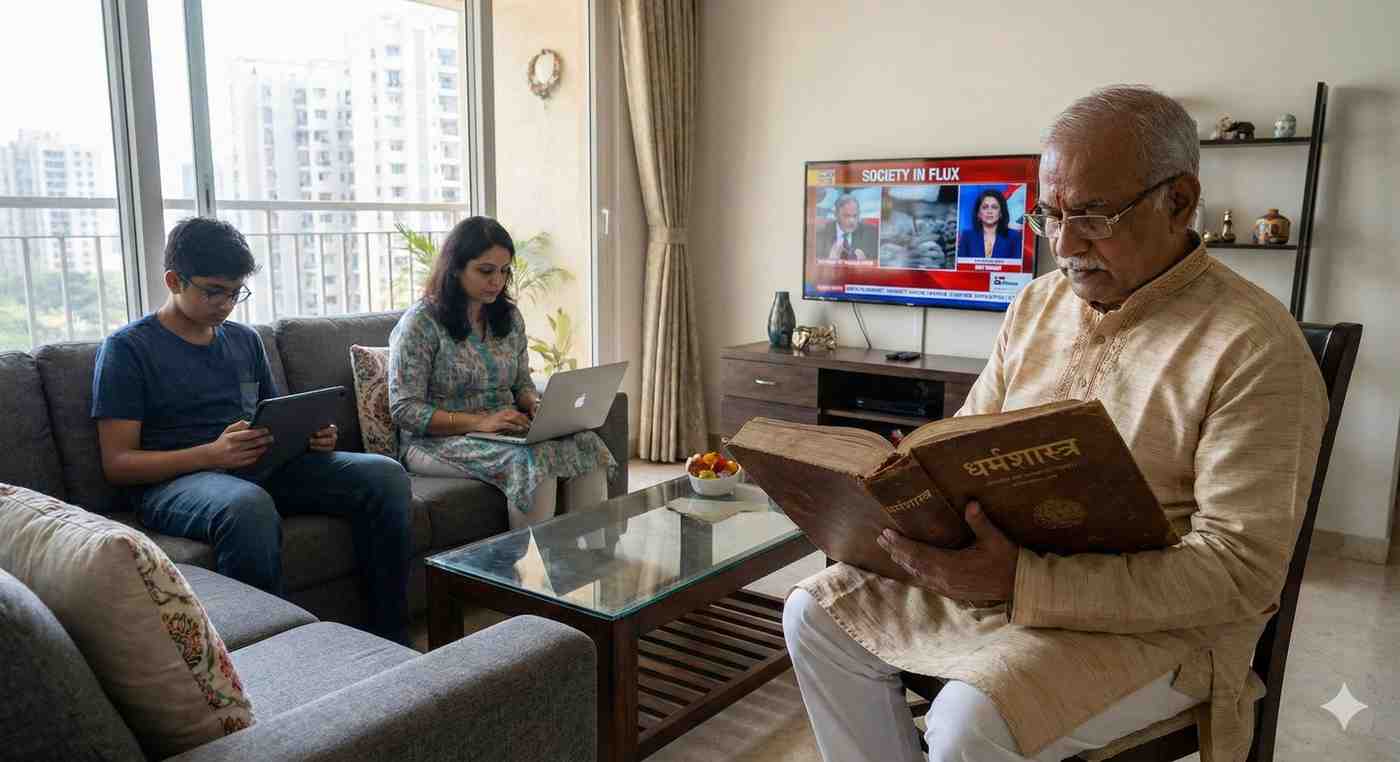
The Pulse of Progress: How Democracy Drives India’s Innovations
Celebrating India’s Democratic Framework as a Catalyst for Growth and Innovation
Key Metrics:
- Global Innovation Rank: India ranks 40th in the Global Innovation Index 2023, up from 81st in 2015, showcasing significant progress.
- Startup Ecosystem: India is home to over 100,000 startups, with 108 unicorns collectively valued at over $300 billion.
- Economic Growth: India’s GDP is projected to grow at 6.3% in FY2024, cementing its position as the world’s fifth-largest economy.
- Youth Engagement: Nearly 65% of India’s population is under 35, driving innovation and technological advancements.
News Body
India’s democracy is not only its moral backbone but also a key driver of its progress and innovation. As the largest democracy in the world, India’s political framework ensures that freedom, inclusivity, and accountability create fertile ground for technological advancements, entrepreneurial ventures, and economic growth.
By fostering an environment where diverse voices are heard, ideas are debated, and institutions are held accountable, India has unlocked its potential as a hub of innovation. In stark contrast, neighboring countries that have rejected democracy face growing economic stagnation and social unrest, highlighting the transformative power of democratic governance.
India’s Democratic Advantage
India’s democratic framework empowers its citizens, providing the freedom to express, innovate, and challenge the status quo. This has fueled the growth of a thriving startup ecosystem, supported by initiatives like Startup India, Digital India, and Make in India.
The result? India is now the third-largest startup ecosystem in the world, producing global leaders in e-commerce, fintech, and edtech. Companies like Byju’s, Zomato, and Swiggy are solving real-world problems while contributing to the nation’s GDP and employment growth.
India’s democratic institutions, such as the Election Commission and the Judiciary, ensure transparency and stability—key ingredients for fostering investor confidence and long-term planning. This is in stark contrast to countries where political systems lack accountability, stifling economic progress.
Democracy and Innovation at the Grassroots
India’s grassroots democratic structures, such as the Panchayati Raj system, empower local communities to participate in decision-making and governance. This decentralization fosters innovation at the grassroots level, particularly in sectors like agriculture, renewable energy, and education.
Programs like the National Solar Mission and Digital Literacy Campaigns demonstrate how democracy enables tailored solutions to local problems. These initiatives, driven by community participation and government collaboration, showcase the power of inclusive innovation.
The Democratic Contrast: Lessons from Neighbors
India’s progress stands in sharp contrast to neighboring countries that have rejected democracy or grapple with authoritarian regimes. Nations like Pakistan, with recurring political instability and limited civil liberties, have struggled to create a conducive environment for growth and innovation. High inflation, unemployment, and foreign debt underscore the cost of a fractured political system.
Similarly, Myanmar, under military rule, faces economic isolation and human rights crises, stifling its potential for development. The lack of democratic governance has hindered technological advancements and foreign investments, leaving the nation vulnerable to stagnation.
These examples highlight how rejecting democracy often leads to systemic inefficiencies, corruption, and suppressed creativity—obstacles that democratic systems like India’s are uniquely equipped to overcome.
India’s Role as a Democratic Innovator
As a democracy, India has not only fostered innovation domestically but has also emerged as a global leader in technology and sustainability. Initiatives like the International Solar Alliance and Chandrayaan missions reflect India’s ability to innovate on the global stage.
By leveraging its democratic principles, India is also addressing global challenges such as climate change, cybersecurity, and public health. These efforts demonstrate how democracy enables nations to think beyond borders and contribute meaningfully to the world.
Conclusion
India’s democracy is the pulse of its progress, enabling innovation, economic growth, and global leadership. By providing freedom and accountability, India’s democratic framework fosters creativity and resilience, setting it apart from nations that reject these principles.
As neighboring countries struggle under the weight of autocracy and instability, India’s journey highlights the unparalleled strength of democracy. It is a reminder that innovation and progress thrive in environments where people are free to dream, debate, and deliver. India’s success is a testament to the transformative power of democracy, lighting the path for nations aspiring to similar progress.



